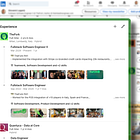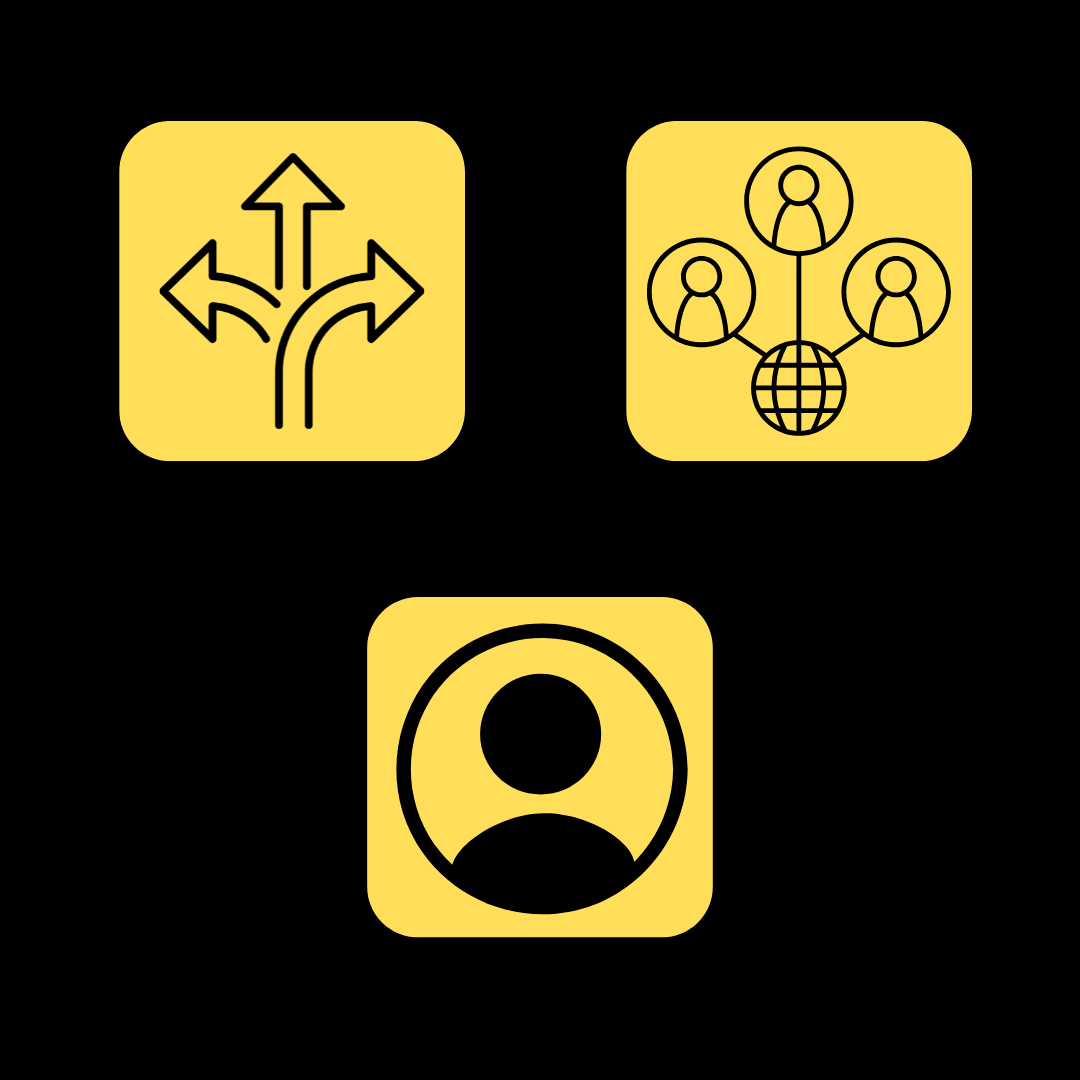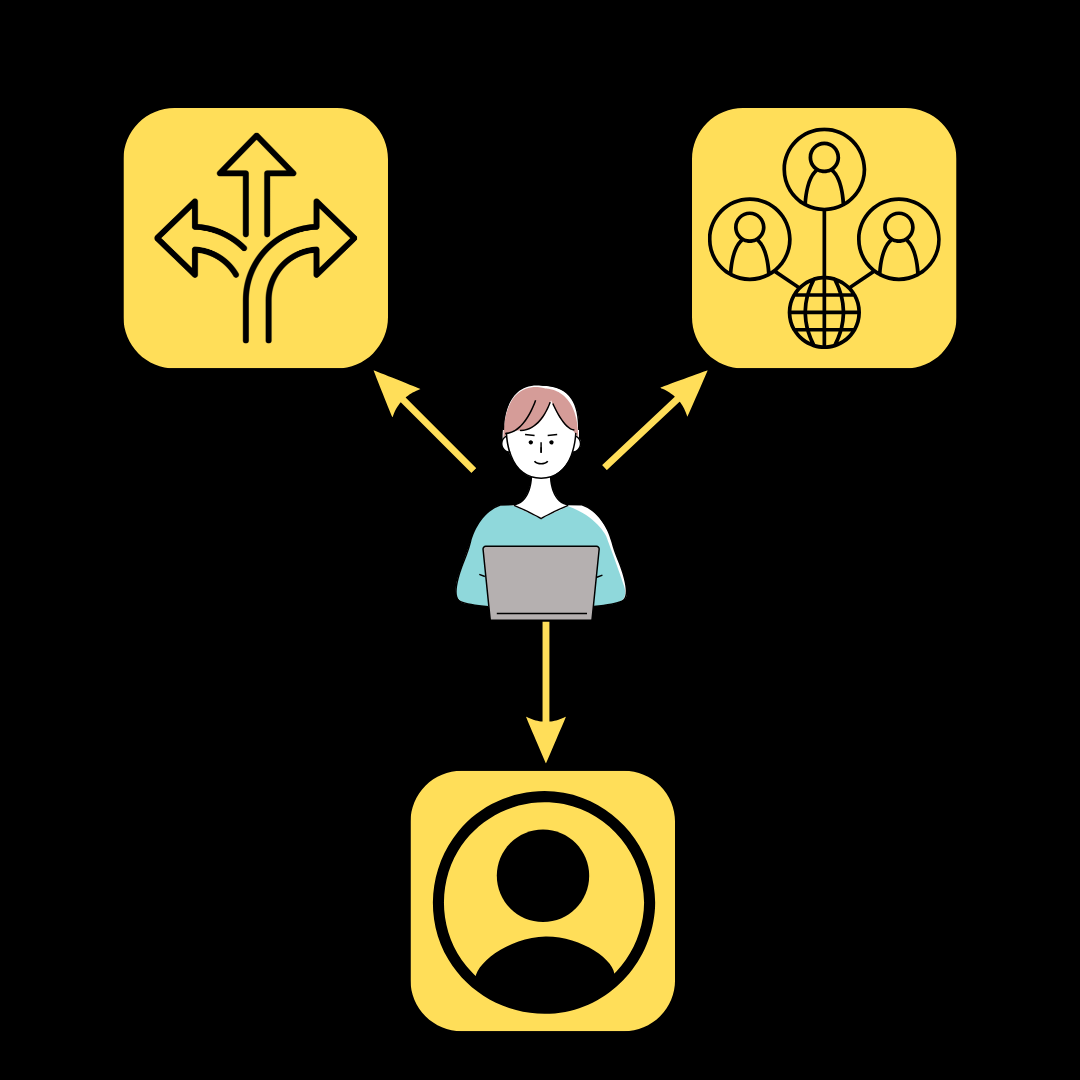You should start WRITING on LinkedIn
And here's why 👇🏻
The aim of this newsletter has always been to present a journey:
The journey of a Software Engineer who gains more and more opportunities through the effective use of LinkedIn.
After meeting many people stuck in the belief that all of this was somehow embarrassing, I started outlining a path to help them step out of that mindset and gradually work on every fundamental.
If you’ve read my previous articles, you’ll notice how this path has followed a clear direction:
Understanding the Opportunities
Working on your Profile
(…are just some examples)
Growing your Network
(…naming some of them)
We’ve been laying the foundation for a solid LinkedIn presence: starting with motivation, then focusing on your personal story, and more recently, on how to interact with others.
This journey is far from over — we’ll continue iterating on these areas — but I believe it’s now time to open the next big chapter in your approach to this platform.
Writing LinkedIn Posts ✍🏻
Here’s your current situation:
You’ve built your:
Opportunities
Network
Profile
These are the three main pillars of your LinkedIn ecosystem.
You can work on each one of them individually to grow, but what’s missing is a common thread that ties them all together:
Content creation.
Writing on LinkedIn isn’t just “posting something” — it unlocks a specific set of benefits that can elevate your career. Here’s what I mean:
1️⃣ Learn how to write
We often forget it, but as Software Engineers, we’re writers first. Writing regularly improves your clarity of thought:
You'll write more readable code (hard skill)
You'll communicate better with stakeholders (soft skill)
2️⃣ Improve your planning
As soon as you start posting, you’ll face the challenge of doing it consistently. This forces you to schedule content ahead of time, and in doing so, you’ll build stronger planning habits.
3️⃣ Develop discipline
It’s not just about planning — it’s about sticking to it. Respecting your schedule builds professional discipline.
4️⃣ Master time management
Posting consistently (e.g., weekly) means you’ll need to write within the time you have. Week after week, you’ll sharpen how you manage your time.
5️⃣ Discover what you like
Sounds simple, but it’s key: when you start writing, you’ll have to ask yourself what you actually enjoy. Don’t write about topics you don’t care about — people will notice.
6️⃣ Learn what others like
It’s not just about what you enjoy. Once you start publishing, you’ll naturally analyze how your audience responds. You'll learn what resonates and what doesn’t.
7️⃣ It forces you to take action
This is my favorite point.
You might think the ideal flow is: “Do something → Talk about it.”
But sometimes, it’s the opposite: “I want to write → So I need something to write about.”
In the end, the post gets written — but more importantly, you might take actions you wouldn’t have otherwise.
And the best thing is that thanks to this flow sometimes you end up doing amazing things.
8️⃣ Increased opportunities
By writing, your profile becomes significantly more visible.
But beyond visibility, content helps position you higher in the market:
You’re no longer a passive user waiting for chances. You’re active, passionate, and intentional — recruiters and hiring managers notice that.
9️⃣ Build a community
Interacting on LinkedIn lets you join communities.
Writing lets you create one.
You can imagine how many doors open once you start leading a space of your own.
And now, the most important reminder:
You might think writing is only for those chasing fame, virality, or thousands of followers.
Sure, that might happen.
But that’s not the real prize.
The real win is what you’ll become in the process.
You'll sharpen how you think.
You'll gain clarity in how you speak and write.
You'll develop the confidence to show up and the discipline to keep going.
And most of all — you'll start getting noticed for who you really are.
Because writing on LinkedIn is not about “selling yourself.”
It’s about sharing yourself — your thoughts, your journey, your voice.
And trust me: the right people are waiting to hear it.
So don’t overthink it.
Don’t wait for the “perfect” post.
Don’t wait for permission.
Start today.
Start small.
But start writing.










